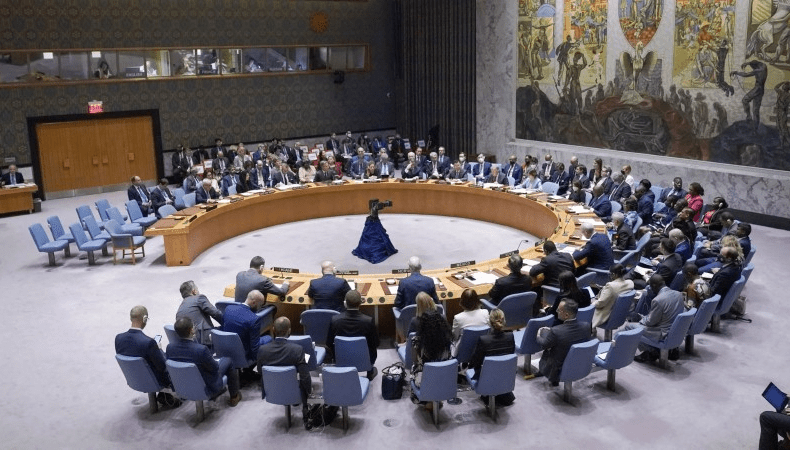
In a landmark decision that reverberates through North African politics, Morocco has welcomed the recent United Nations resolution extending the mandate of the United Nations Mission for the Referendum in Western Sahara (MINURSO). This extension not only affirms the UN's commitment to peace in the region but also marks a pivotal moment for Morocco in its ongoing pursuit of sovereignty over the Sahara.
Understanding MINURSO and Its Historical Context
MINURSO was established in 1991 with the primary aim of facilitating a referendum in Western Sahara, allowing its people to choose between independence and integration with Morocco. The situation has been complicated by years of stalled negotiations and conflicting claims from both Morocco and the Polisario Front, which advocates for the region's independence. The delay in organizing the referendum has transformed MINURSO's role from a facilitator of self-determination to a peacekeeping force focused on maintaining stability and preventing conflict.
The Significance of the UN Resolution
The recent resolution, which extends MINURSO's mandate, signals international recognition of the importance of stability in Western Sahara. For Morocco, this is a significant diplomatic victory that bolsters its claims to the territory. The Moroccan government has consistently advocated for a solution that prioritizes autonomy under its sovereignty, asserting that this approach respects the region's historical context while promoting peace and development.
By welcoming the extension of MINURSO's mandate, Morocco demonstrates its commitment to international cooperation and dialogue. The resolution is seen as a validation of Morocco's efforts to engage constructively with the international community, emphasizing its willingness to find a peaceful resolution to the dispute.
Strengthening Sovereignty: Morocco’s Development Initiatives
Beyond diplomatic maneuvers, Morocco has invested heavily in the development of the Sahara region. These initiatives are designed to improve infrastructure, healthcare, education, and economic opportunities for the local population. By focusing on development, Morocco seeks to solidify its administrative presence and foster goodwill among the Saharan people.
Key projects include the construction of roads, schools, and hospitals, along with initiatives aimed at promoting tourism and renewable energy. These efforts not only enhance the quality of life in the Sahara but also serve to reinforce Morocco's commitment to the region's stability and development.
Regional and Global Implications
The UN resolution has broader implications for regional security and stability in North Africa. The Western Sahara dispute is not just a bilateral issue; it affects neighboring countries and the wider Sahel region. Instability in Western Sahara can lead to security challenges that resonate beyond its borders, including increased smuggling and extremist activity.
By reinforcing MINURSO’s role, the international community plays a crucial part in ensuring that peace is maintained. For Morocco, the resolution opens doors for continued diplomatic engagement with various stakeholders, including African nations and international organizations, fostering a collaborative approach to regional challenges.
Looking Forward: Prospects for Peace and Development
While the UN’s decision is a step forward, the road to a lasting resolution remains complex. Morocco's focus on autonomy offers a pragmatic solution, but it requires buy-in from the Saharan population and the Polisario Front. Continued dialogue, coupled with sustained development efforts, will be critical in building trust and fostering a conducive environment for peace.
Morocco's proactive stance, supported by its development initiatives and commitment to dialogue, positions it well for future negotiations. As the country embraces this new chapter, it remains optimistic that a peaceful and prosperous future for the Sahara is within reach.
The extension of the MINURSO mandate is more than just a diplomatic win for Morocco; it represents a commitment to a peaceful resolution of a long-standing dispute. By welcoming this resolution, Morocco reinforces its sovereignty claims while laying the groundwork for sustainable development in the Sahara. As the situation unfolds, the combination of diplomatic engagement and development initiatives will be crucial in shaping the future of Western Sahara, ensuring stability, and fostering a sense of unity among its people.
